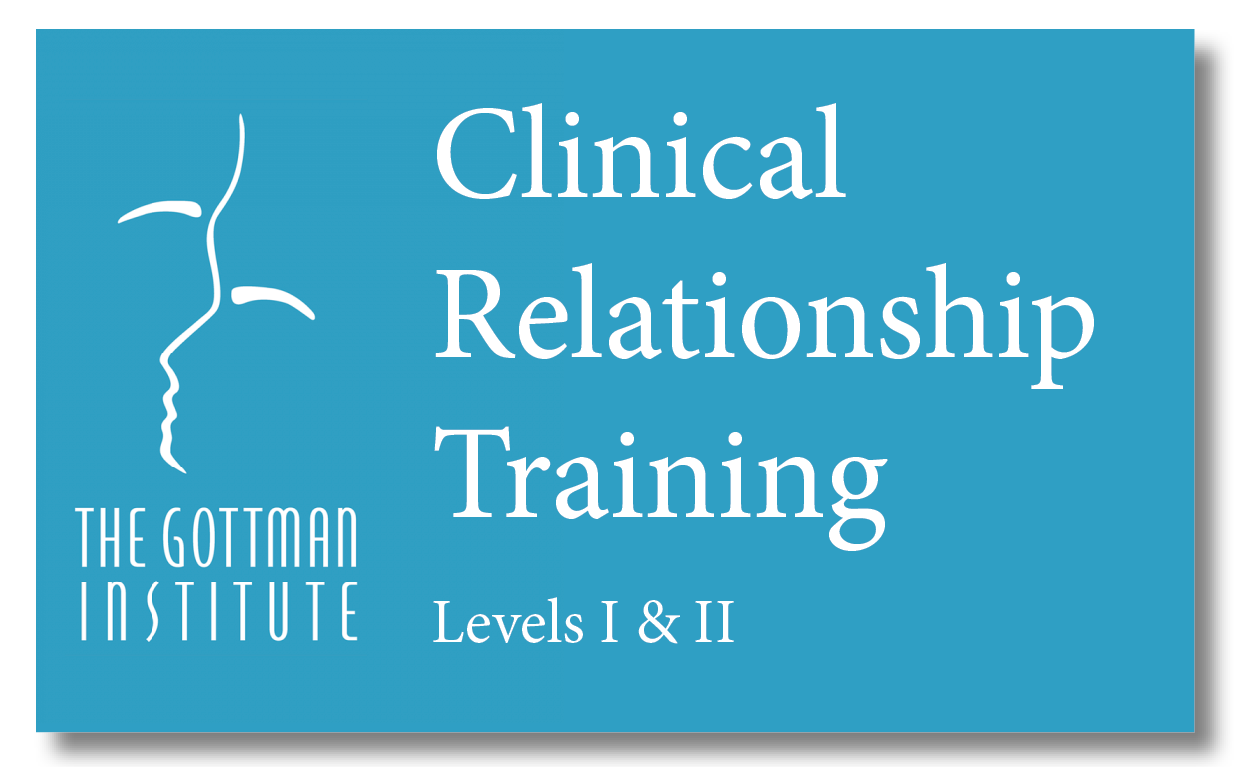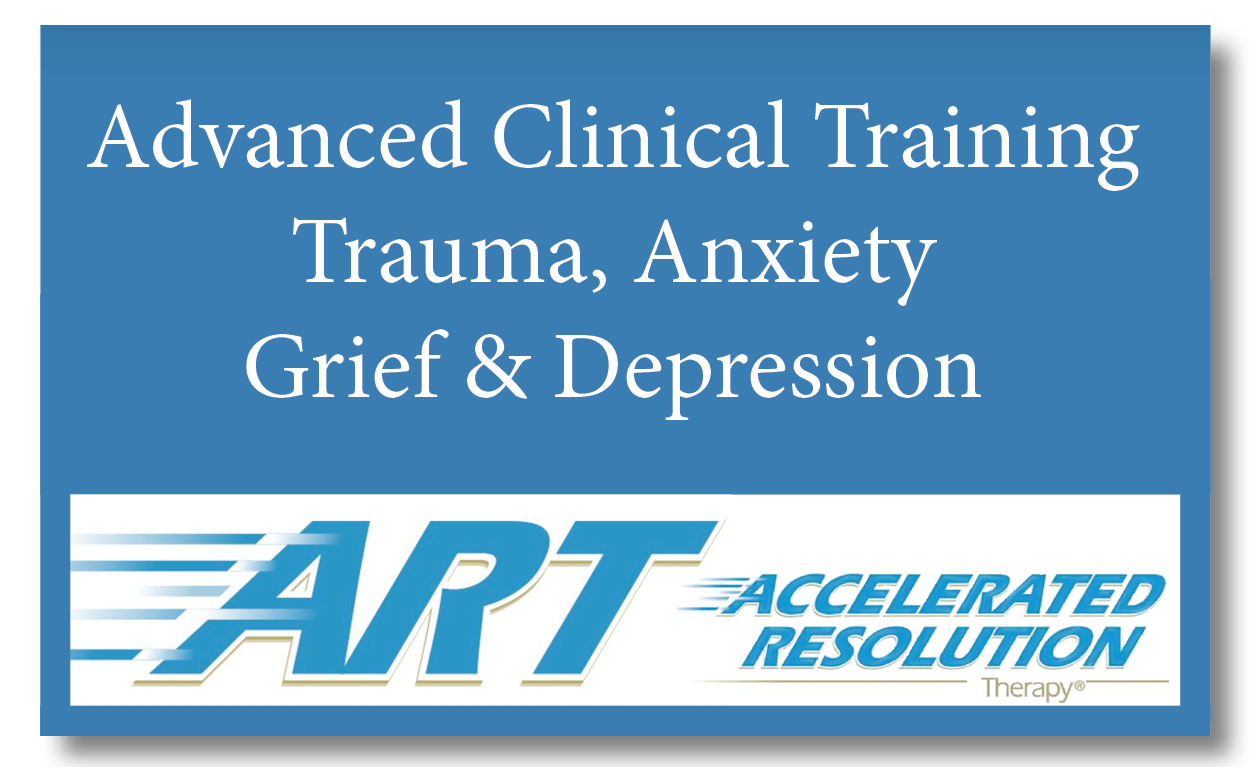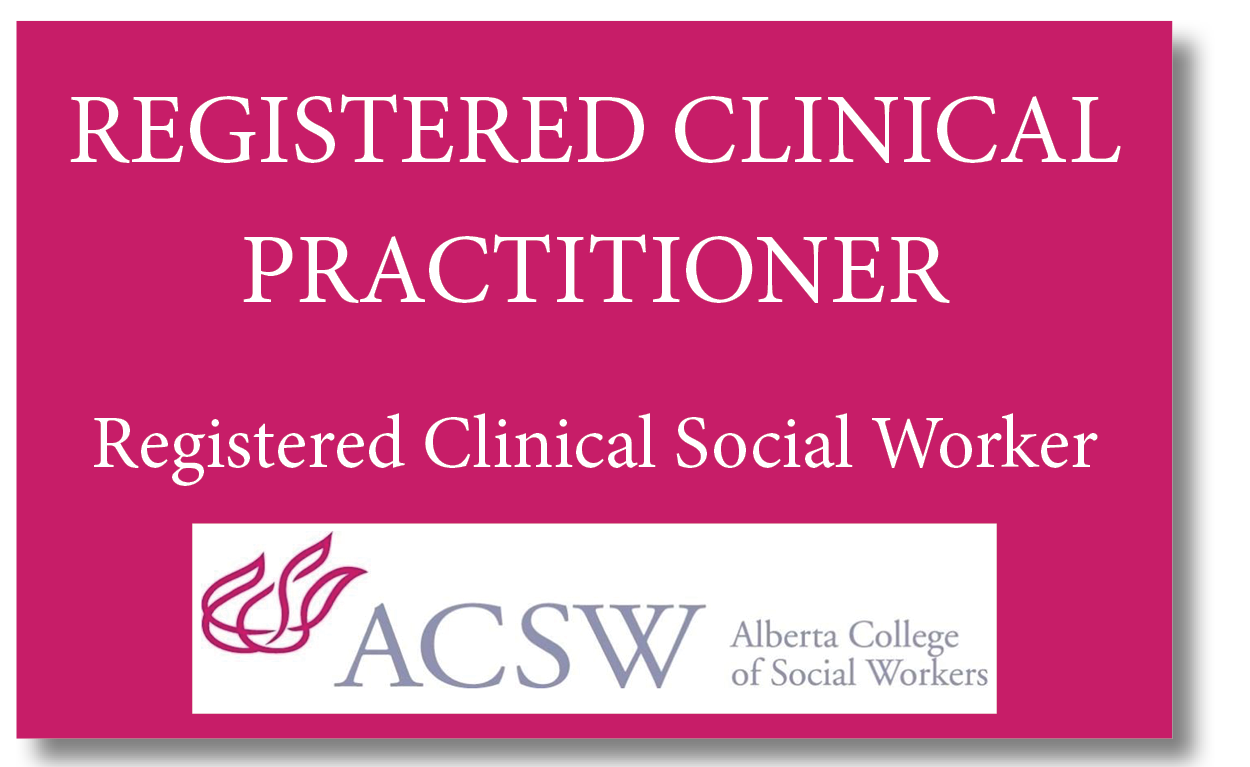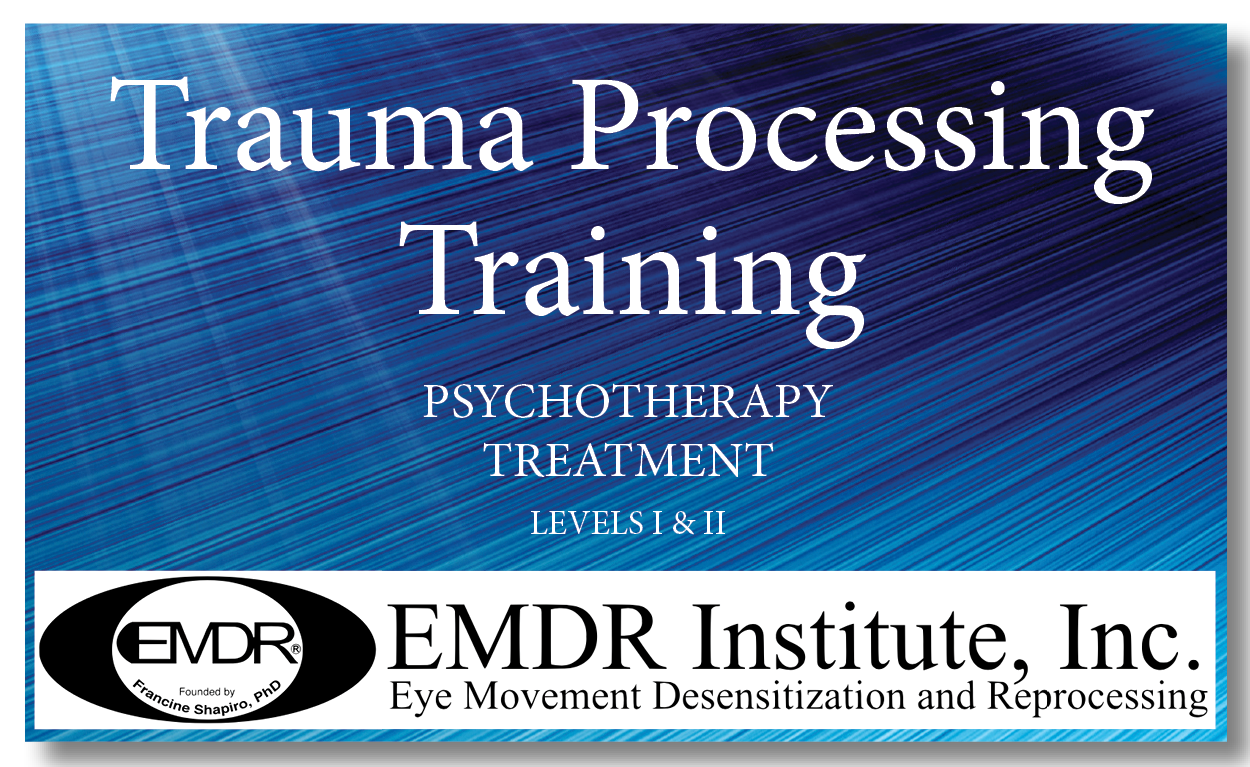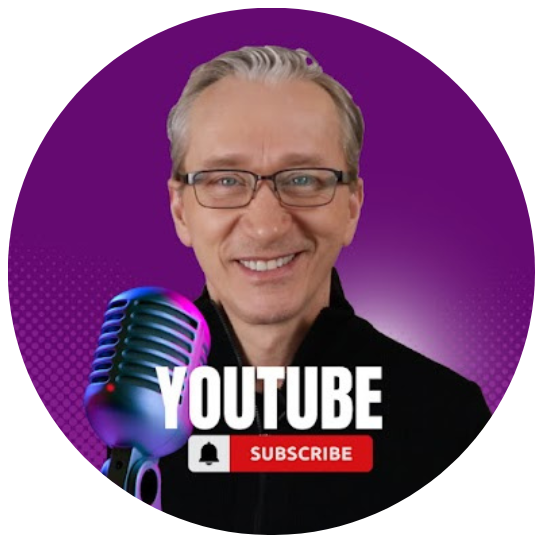“Experiencing stress is human. It’s proof that you’re grappling with an intricate labyrinth of responsibilities.” – Dr. Michael Haggstrom
In this article:
Even Superheroes Can Burnout
Ron thought stress management was for everyone else, because he believed he could do it all. He was adept at juggling work and personal life. He even earned himself the nickname “Super Ron.” But he was now discovering that even superheroes have their limits.
Lately, Ron’s been weighed down by an unidentifiable heaviness, manifesting as moodiness he struggles to control. Determined to maintain his image, he pushes on, relying on caffeine and intense workouts to fuel his adrenaline.
However, his resilience is finite, and the crash comes suddenly and mercilessly. Ron finds himself in a state of emotional depletion, unable to function properly. Unfortunately, Ron’s story is far from unique.

The Breaking Point – Know the Science
Ron reached his breaking point and he snapped. Quite literally. He no longer had patience for his partner. Disappointments turned into fights and he didn’t have the resiliency to stop himself. This bled out into his work life with late nights at the office, resentful to his colleagues for not pulling their weight.
He was coming to a point of no return for some, while he continued to the warning signs of burnout. He was a boulder rolling down the mountain toward a cliff with no way to stop the disaster happening. Only alcohol seemed to bring his any sense of relief from all the stress he was under.
THE SCIENCE:
“It is not just the dramatic stressful events that exact their toll, but rather the many events of daily life that elevate and sustain activities of physiological systems and cause sleep deprivation, overeating, and other health-damaging behaviors, producing the feeling of being “stressed out.”
Over time, this results in wear and tear on the body which is called “allostatic load” .
– Protective and damaging effects of stress mediators: Central Role of the Brain. McEwen BS Publication
Navigating the “Superhero Within”
In times of overwhelm, forging ahead isn’t always the answer. Instead, recognizing your level of stress and slowing down is crucial to preventing burnout’s harsh toll.
For this you will require a healthy dose of humility and take off the superhero cape for a moment in order to self-evaluate. This is the first key to effective stress management.
4 Steps to Stress Management

Potential topics to write about:
- Work-related tasks
- Unresolved concerns
- Relationship issues and desires
- Financial stressors
- Daily hassles and worries
- Aspirations and objectives
Let the pen flow unhindered. Don’t be surprised if your thoughts spill onto multiple pages.
Invite Revelation
Revisit your list. In the midst of all the chaos, you’ll uncover the simplest of revelations.
Notice the complexity of your commitments. Notice all the challenges you’re trying to tackle.
Extend kindness to yourself and free you from the pressure of needing to get everything right, of needing to get everything done.
A Dose of Reality
Experiencing stress is human. Succumbing to it doesn’t indicate weakness. It’s proof that you’re grappling with an intricate labyrinth of responsibilities.
Now, with your list in hand, it’s time for you to take your stress management to the next level by discerning your priorities.
Prioritization Technique – 3 Steps
Look over what you’ve written and with your pen, do the following:
Optional Exercise: The Eisenhower Matrix
Former U.S. President Dwight D. Eisenhower, who famously said, “What is important is seldom urgent and what is urgent is seldom important.”
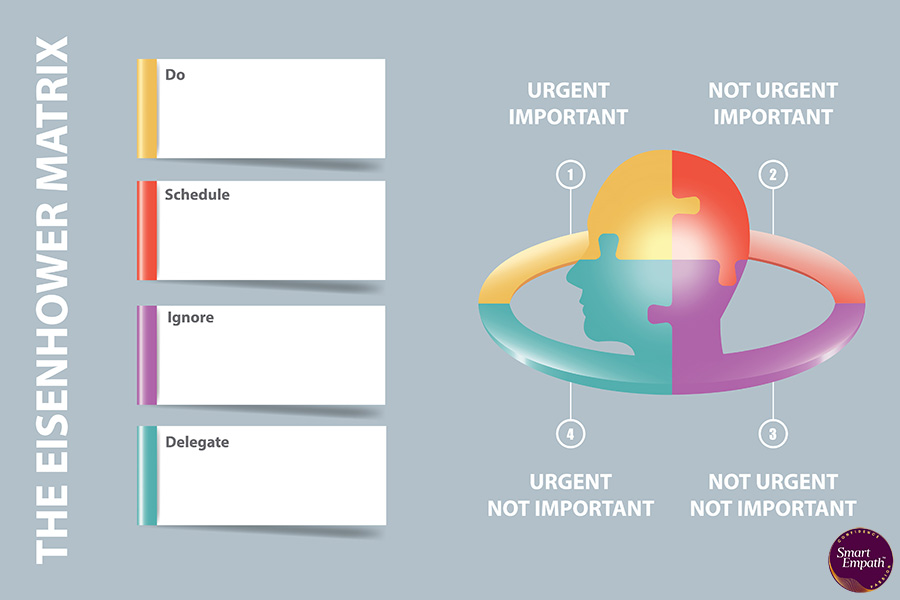
Now you might be ready for an even more structured approach. The Eisenhower Matrix categorizes tasks into four quadrants based on their urgency and importance.
The goal is to guide you in making informed decisions about which tasks to tackle first and which ones to delegate, defer, or eliminate. This will not only help you better management stress, but can also renew your self-confidence in making life work again.
Take a separate piece of paper and divide your page into four equal quadrants:
- Urgent / Important
- Not Urgent / Important
- Urgent / Not Important
- Not Urgent / Not Important
Now take a look at everything you’re written out so far. Place each of things you want to tackle into a category. Don’t cheat and put it somewhere in the middle. Commit each thought, thing to do, including your self-care activities into just one quadrant.
Remember to actually write this out on paper. It won’t work as well if you just try to do it in your mind. The brain needs to see it visually to begin accepting the truth that not everything is urgent and important. You can then go ahead and reorganize each item into the following lists:
- Do
- Schedule
- Ignore
- Delegate
This will help enhance your ability to make better decisions and improve how you manage stress. But always remember, the mindset you approach these exercises with is essential.
Do these with a calm and neutral attitude – a mindset that stands back from it all. Like a king or queen, rise above all the demands to get a birds-eye view of your entire “kingdom”. Then use pen and paper to discern the essential from the non-essential.
Release What No Longer Serves
Congratulations! You’ve already done so much already. There’s just one last thing.
Now, unburden yourself from trivial tasks, like repainting your basement or cleaning your car. These can wait while you address more pressing matters. Effective stress management sets firm boundaries with trivial tasks that can wait and embraces the freedom of focusing on what matters most to you right in this moment.
And when you get distracted by nagging “shoulds,” remind yourself:
“My current focus is my priority. The rest can wait. It’s okay to say no and let some things go”
Internalize this mantra as you go about your day, aligning actions with intentions.
“Wisdom is the art of knowing what to pursue and what to let go of, along with finding the why behind those decisions.
In the realm of the modern superhero, stress management isn’t about perpetual endurance. It’s about finding your why in all you do.
When you focus on what matters most, you can’t go wrong.”
– Sincerely, Dr. Michael Haggstrom, Relationships & Trauma Expert

SCHOLARLY SOURCES:
- Stress and its Impact on Health: McEwen, B. S. (2007). Physiology and neurobiology of stress and adaptation: central role of the brain. Physiological Reviews, 87(3), 873-904.
- Segerstrom, S. C., & Miller, G. E. (2004). Psychological stress and the human immune system: a meta-analytic study of 30 years of inquiry. Psychological Bulletin, 130(4), 601-630.
- Mindfulness and Stress Reduction: Hofmann, S. G., Sawyer, A. T., Witt, A. A., & Oh, D. (2010). The effect of mindfulness-based therapy on anxiety and depression: A meta-analytic review. Journal of Consulting and Clinical Psychology, 78(2), 169-183. Tang, Y. Y., Hölzel, B. K., & Posner, M. I. (2015). The neuroscience of mindfulness meditation. Nature Reviews Neuroscience, 16(4), 213-225.
- When the Body Says No: The Cost of Hidden Stress, Gabor Mate, MD, Vintage Canada, Feb. 3 2004
- Prioritization and Task Management: Masicampo, E. J., & Baumeister, R. F. (2011). Consider it done! Plan making can eliminate the cognitive effects of unfulfilled goals. Journal of Personality and Social Psychology, 101(4), 667-683. Moll, J., de Oliveira-Souza, R., & Zahn, R. (2008). The neural basis of moral cognition: sentiments, concepts, and values. Annals of the New York Academy of Sciences, 1124(1), 161-180.
- Resilience and Self-Compassion: Neff, K. D., & Germer, C. K. (2013). A pilot study and randomized controlled trial of the mindful self‐compassion program. Journal of Clinical Psychology, 69(1), 28-44. Southwick, S. M., & Charney, D. S. (2018). Resilience: The Science of Mastering Life’s Greatest Challenges. Cambridge University Press. Positive Psychology and Intentional Living: Seligman, M. E., & Csikszentmihalyi, M. (2000). Positive psychology: An introduction. American Psychologist, 55(1), 5-14. Gable, S. L., & Haidt, J. (2005). What (and why) is positive psychology?. Review of General Psychology, 9(2), 103-110.
Share This Story ➡️
Share your thoughts:
